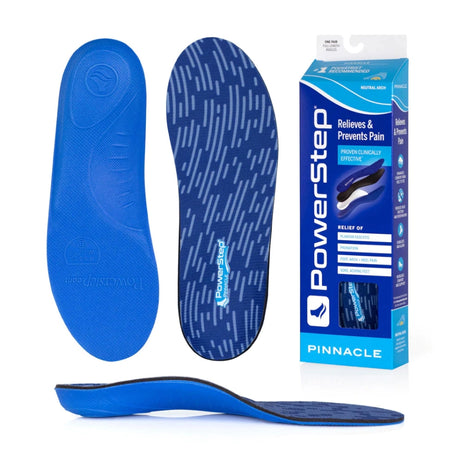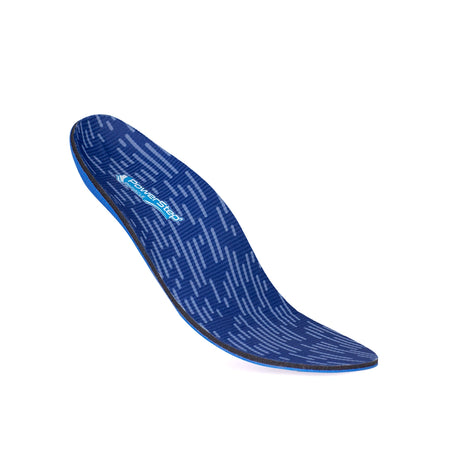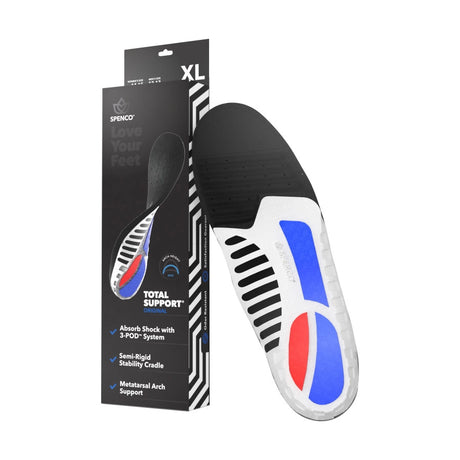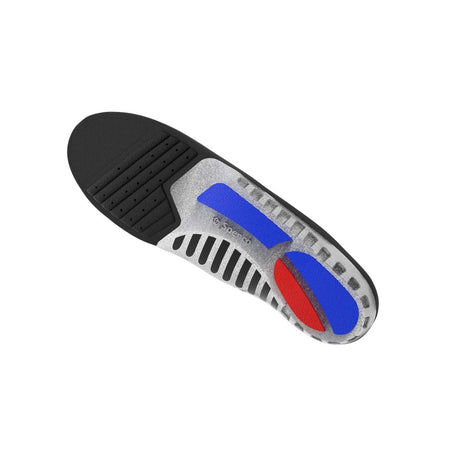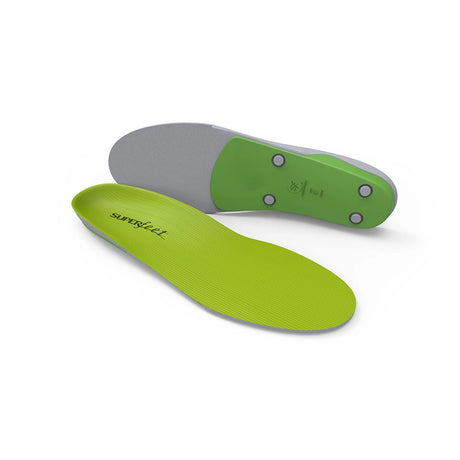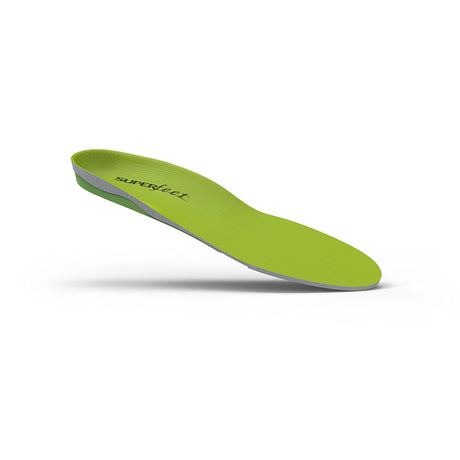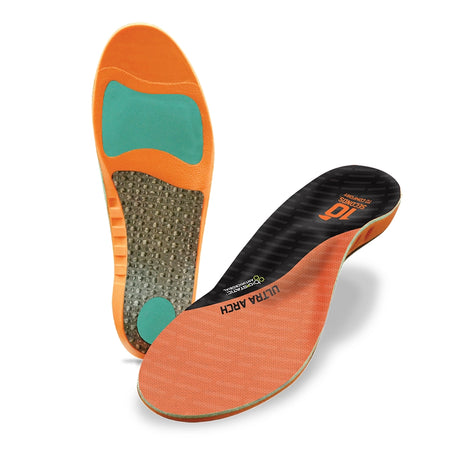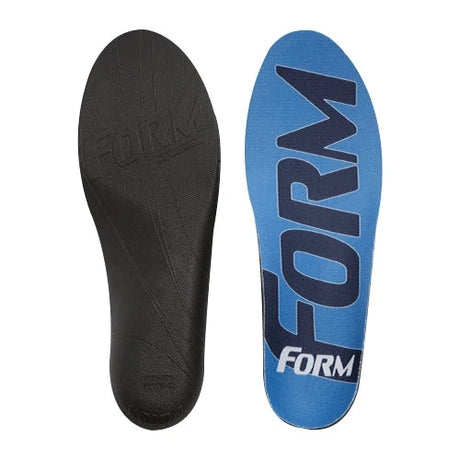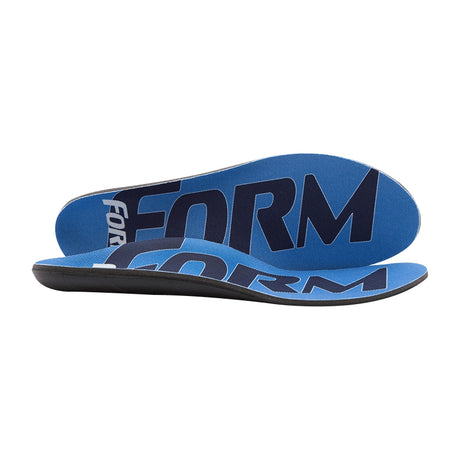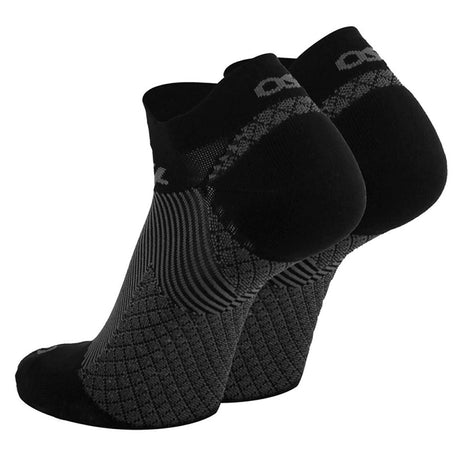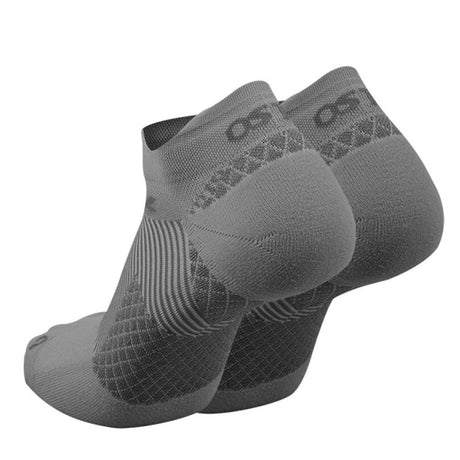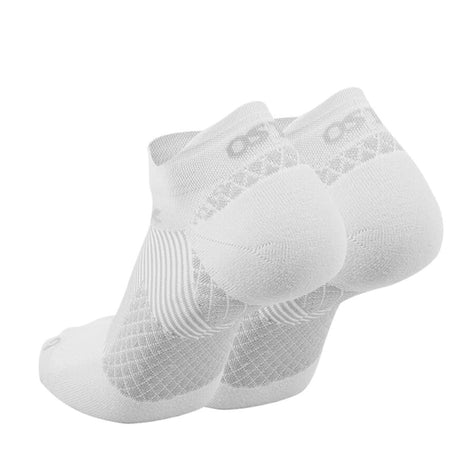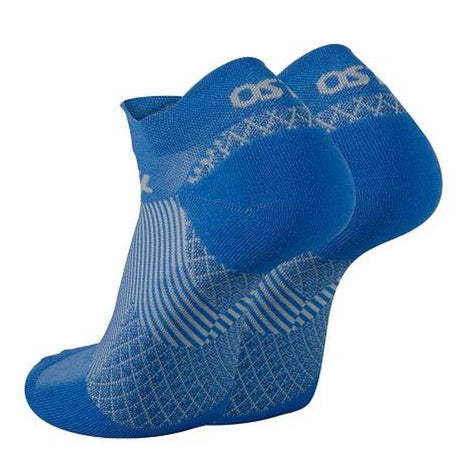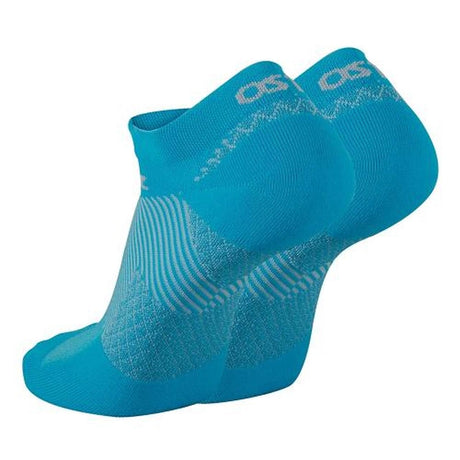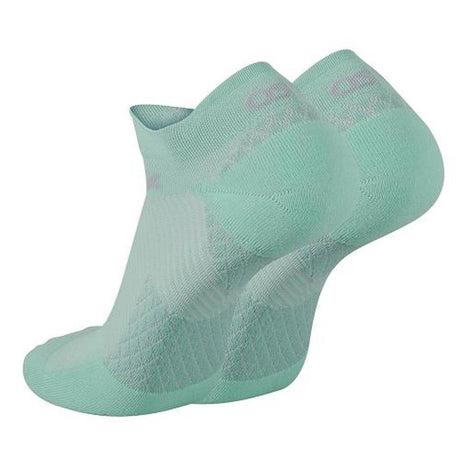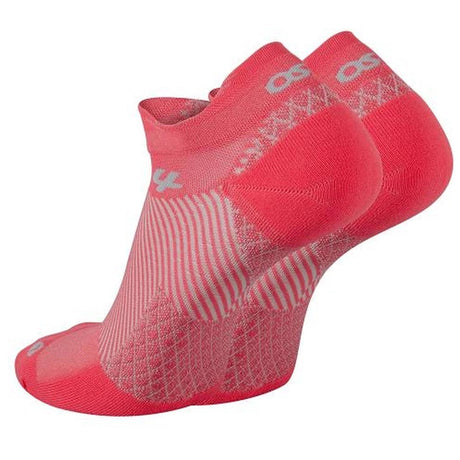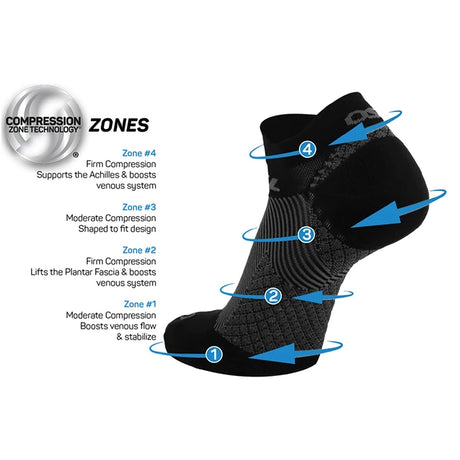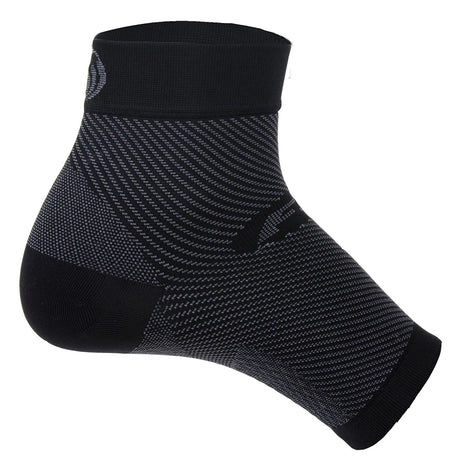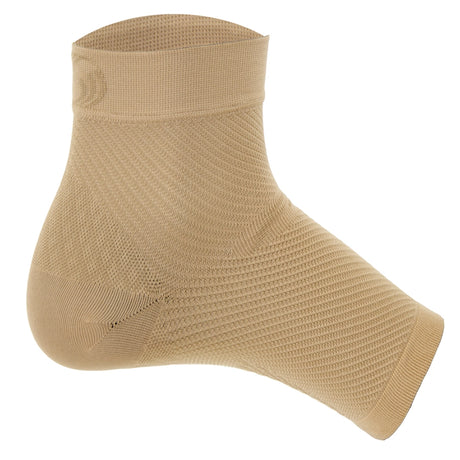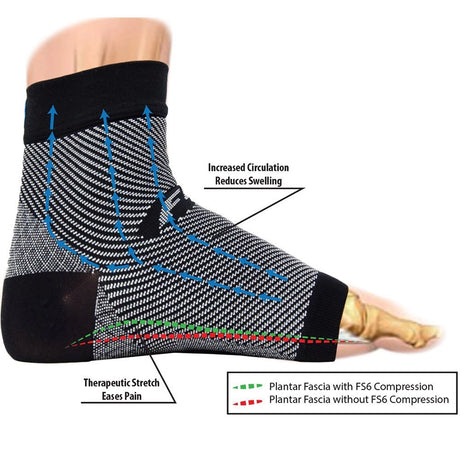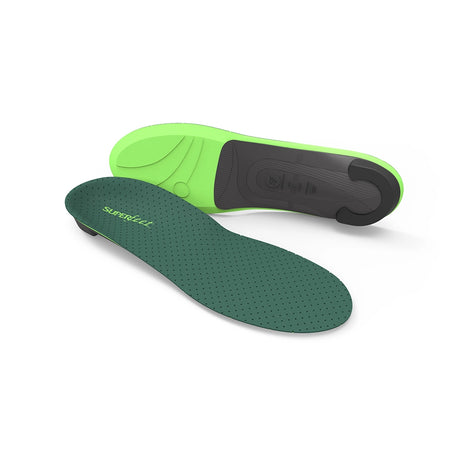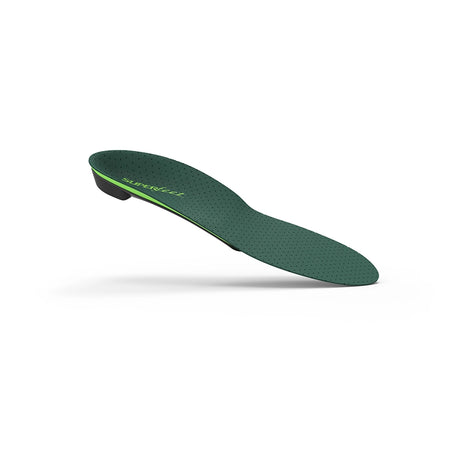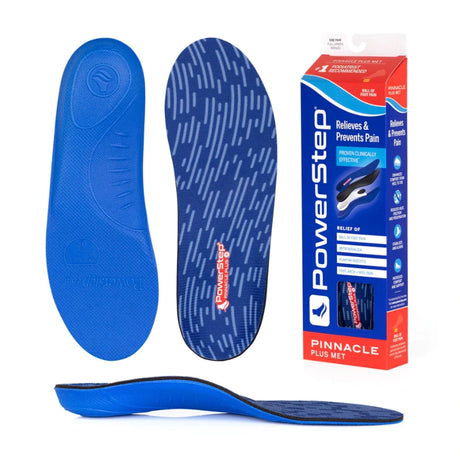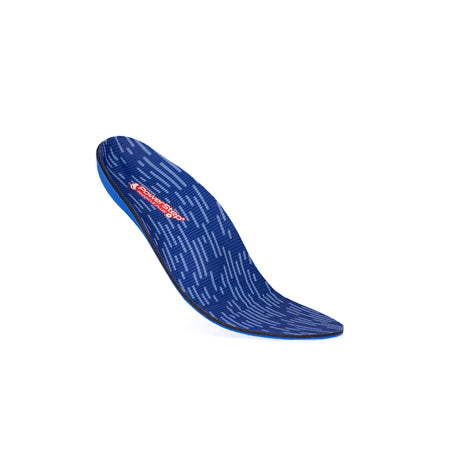In this article, we discuss how it may take more than just a good pair of arch supports to help alleviate pain from plantar fasciitis, and we outline a few different strategies to help manage and prevent plantar fasciitis when wearing your arch supports isn't an option.
The Solution to Plantar Fasciitis Isn't Always Just an Arch Support
While it's certainly true that a good arch support insole is super important when it comes to helping prevent, manage, and alleviate pain from plantar fasciitis, the reality is that for many people it takes more than just an arch support to truly manage the condition.
This is simply because plantar fasciitis is made worse by putting more strain on the plantar fascia tendon, which occurs almost any time you put pressure on your feet (standing and walking included), and it's often not the case that we can laze about off of our feet for the several weeks that it would take for our feet to heal. So what do we do when our good arch supports aren't an option?
Gentle Stretching and Massaging Goes a Long Way
If I were to give a #1 most important tip to those who suffer from plantar fasciitis, I'd say that something as simple as icing and massaging the foot would be it. Remember that plantar fasciitis is the result of the inflammation of the plantar fascia tendon, and helping to alleviate this inflammation goes a long way to helping alleviate some of the pain.
Resting your foot on an ice pack for 10-15 minutes several times a day to help alleviate some of the inflammation, especially when alternated with gently massaging the arch and heel of the foot, can help to make a world of difference.
Wear Supportive Socks or Foot Sleeves
A good addition to any plantar fasciitis solution, and one that works even when wearing your arch supports, are supportive socks or foot sleeves. Designed to provide support for the arch and heel of the foot through compression, these socks and sleeves are great for ensuring that you continue to have support for the foot even after your shoes come off.
Compression socks come in a variety of styles to ensure that you can find a pair that fits your needs. And if you don't want to replace your socks, a thin foot sleeve will achieve the same results but can be worn under your existing socks.
Wear a Pair of House Shoes or Slippers with Support
If you're anything like me, my "outside shoes" don't make it past the entryway of my house, and they certainly don't get worn all day while I'm inside. This helps to avoid tracking dirt throughout the house, but it does mean that the good pair of supports that I have in my shoes aren't really doing me much good at home.
To get around this, I recommend a good pair of house slippers, house shoes, or some other form of footwear that either has a built-in arch support (like orthotic slippers) or into which you can place a good arch support insole. By making them dedicated "house shoes" or "house slippers" and only wearing them indoors, you can ensure that your house stays clean while also ensuring that you have proper foot support when walking about the house.
For Severe Morning Foot Pain, Use a Night Splint
One consistent comment I see from those who suffer from plantar fasciitis is that first-thing in the morning tends to be the most painful. After a night's sleep, the foot can feel extremely stiff and sore, and putting any pressure onto the foot to get up and grab your morning coffee can be excruciating without first spending some time massaging the feet and loosening up some of the stiffness.
To help avoid this in the first place, consider wearing a night splint to bed. While some night splits are effective, they can be bulky; consider a night sock instead if you want a little less bulk.
The trick with a night splint/night sock is to have a gentle stretch for your feet, simply to help keep your foot stretched out to prevent stiffness. A night sock shouldn't aggressively stretch your foot, especially if you're planning to sleep with it on.
The Complete Plantar Fasciitis Care Kit
If you suffer from moderate or severe plantar fasciitis, it's probably time to create a plantar fasciitis care kit of your own. We'll walk through what to include in your kit and how to best use your kit for maximum effect.
Building Your Care Kit
The trick to building a complete plantar fasciitis "care kit" is to ensure that your foot is supported during any period of time when you're on your feet. You want to alleviate as much strain off the plantar fascia tendon as possible, and do as much as possible to mitigate the impact of inflammation on your well-being. Our "care kit" includes:
Core Items
Our core items should be included in every care kit:
- Supportive socks or foot sleeves (enough pairs to wear every day between laundry cycles).
- At least two small, reusable ice packs (or alternative).
- A good pair of arch support insoles for your primary shoes.
- Anti-inflammatory pain relievers, if appropriate (consult your physician or podiatrist if you're not sure).
Situational Items
These items depend on situation or preference:
- If you have to wear different shoes throughout the day (for instance, a pair for work and a different pair for running errands): A good pair of each support insoles for each shoe, or ensure that your arch support insole can be transferred between shoes.
- If you want to have a pair of shoes or slippers to wear around the house that isn't your outside shoes: A pair of orthotic slippers or other footwear with arch support.
- If you want something to help with stretching and massaging the foot: A foot massage roller.
- If you experience severe foot pain and stiffness in the morning: A night splint or night sock.
Using Your Care Kit Effectively
Now that your care kit is assembled, it's time to ensure that we use it effectively.
- Wear a pair of supportive socks or foot sleeves throughout the day every day. This will help keep the plantar fascia tendon supported and alleviate strain on the tendon that would cause further aggravation or pain.
- When wearing shoes, ensure that you are using a good arch support insole or that the shoe has built-in support. An arch support will further alleviate strain on the tendon by distributing pressure across the foot.
- When off your feet for a while, apply ice to the arch and heel of the foot. This will help to reduce inflammation. Cycle your two ice packs to ensure that you have one that's cold and ready to use whenever you need it.
- Where appropriate, take anti-inflammatory pain medication as directed or prescribed. This will help alleviate pain and reduce inflammation.
- Gently massage your feet periodically. This should be gentle and simple help to work out any stiffness and soreness.
- (Optional): Wear a night sock or night splint to bed. Make sure to adjust the split, where possible, to ensure that you feel only a gentle stretch.
Key Takeaways
- It often takes more than just an arch support insole to effectively treat and prevent plantar fasciitis.
- Any time you're on your feet, you should ensure that your feet are properly supported to avoid further aggravating the plantar fascia tendon.
- Supportive socks and sleeves are a simple and effective method of ensuring support for the feet throughout the day.
- Other items, such as orthotic slippers or night splints, can provide extra help if needed, depending on the situation.
- Building a plantar fasciitis "care kit" can help ensure that you have everything you need to effectively treat and prevent plantar fasciitis.

